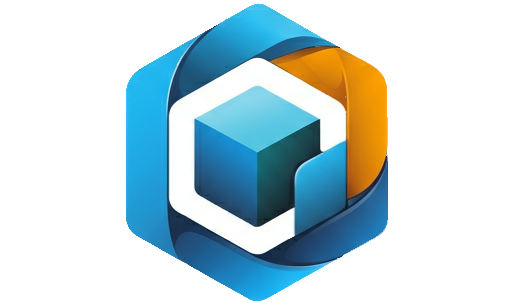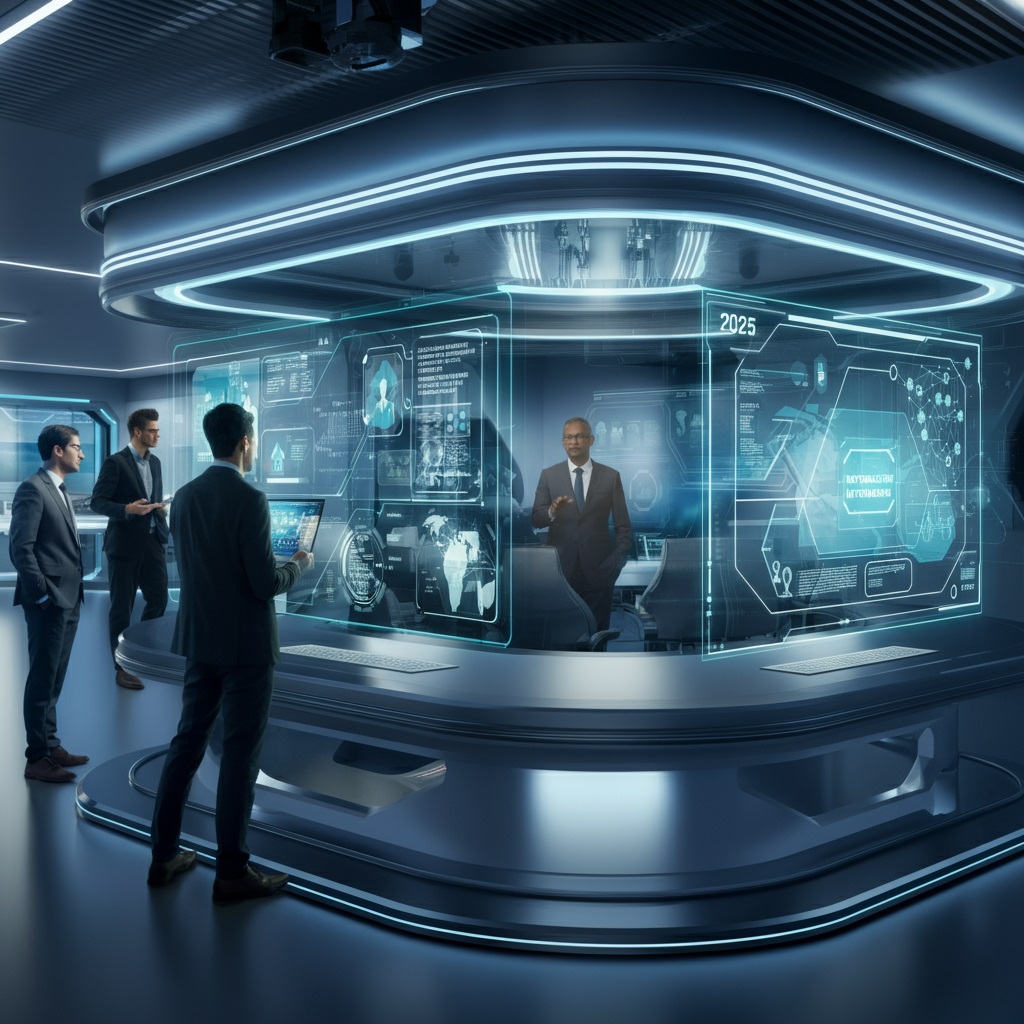Artificial Intelligence (AI) and automation are no longer concepts confined to futuristic movies or tech research labs. By 2025, they will be central to the way industries operate, redefining jobs, processes, and opportunities across the globe. For tech enthusiasts, business leaders, and the future workforce alike, understanding these shifts is becoming essential.
This blog explores how AI and automation are transforming industries, reconfiguring employee roles, and creating entirely new career opportunities. By the end of this read, you’ll not only understand the scope of these changes but also how to prepare and thrive in the evolving world of work.
How AI is Revolutionizing Industries
The adoption of AI-powered technologies is disrupting traditional industries at an unprecedented pace. Here’s a closer look at how workplaces are already evolving in key sectors.
Manufacturing and Supply Chain Efficiency
AI is streamlining manufacturing processes, boosting productivity through predictive maintenance, real-time analytics, and smart robotics. For example, self-learning systems are enabling better inventory management and logistic optimization, which means fewer delays and reduced operational costs. This shift minimizes inefficiencies while creating new roles for workers to monitor and manage advanced systems.
Healthcare Advancements
Artificial Intelligence in healthcare isn’t just limited to administrative tasks. AI-powered tools can now assist in diagnostics, personalized medicine, and even surgical procedures. Imagine AI detecting cancer in its earliest stage, giving doctors more time to respond effectively. This progression not only saves lives but also demands new skill sets from healthcare workers—blending medical expertise with technology-driven methodologies.
Retail and Customer Engagement
From autonomous checkout systems to predictive AI that enhances personalized shopping experiences, retail is becoming increasingly automated. Chatbots can now do more than answer routine questions—they’re learning customer behavior to upsell and cross-sell perfectly timed solutions. This evolution shifts the role of retail workers towards customer relationship management and technical troubleshooting.
The Changing Landscape of Employee Roles
While fear of “robots taking over jobs” frequently dominates headlines, the reality is more nuanced. AI automation isn’t about replacement—it’s about augmentation and collaboration.
Routine Task Automation
Repetitive and manual tasks are rapidly being automated, regardless of the industry. Data entry, invoice management, and even basic content creation are now handled by AI, giving employees more time for creative and strategic responsibilities. Tools like Zapier and UiPath make automation accessible to businesses of all sizes, closing the gap for startups and small enterprises.
Skills That Will Define the Future Workforce
With machines handling menial tasks, the human workforce is shifting towards problem-solving, critical thinking, and emotional intelligence. Soft skills, which are harder to automate, will continue to grow in value. Additionally, technical proficiency—whether it’s understanding AI systems or learning to code—will become crucial for staying competitive in the job market.
Career Opportunities on the Rise
AI isn’t just transforming existing roles; it’s also creating entirely new career paths. Some emerging positions include AI ethicists (to address ethical dilemmas related to AI), data scientists, machine learning engineers, and automation specialists. These roles reflect the growing need for collaboration between humans and AI technologies.
Preparing for Workplace Technology Dominance
Adapting to rapid technological shifts requires focused preparation. Here’s how individuals and businesses can stay ahead of the curve as AI becomes more integrated into the workplace.
Upskill and Reskill Employees
For the future workforce, continuous learning is key. Organizations must invest in training programs that reskill workers in areas affected by automation while promoting upskilling to maximize potential in collaborative roles. Accessible online platforms like Coursera and LinkedIn Learning make learning cutting-edge skills easier than ever.
Foster AI Awareness and Adoption
The ongoing transformation is as much cultural as it is technical. Businesses must build AI-awareness initiatives to encourage employee buy-in and reduce resistance to automated processes. Understanding and appreciating the role of AI in workplace technology will be key in navigating this paradigm shift successfully.
Leverage AI for Competitive Advantages
By 2025, lagging behind in AI adoption will put companies at a competitive disadvantage. Tools that improve analytics, customer insights, and process automation are now vital for growth. Decision-makers should prioritize investing in emerging AI technologies and forming partnerships with tech providers.
Addressing Challenges and Ethical Considerations
While AI automation is brimming with promise, it also raises important challenges and ethical concerns. Responsible implementation will require careful attention to the following areas.
Job Displacement and Economic Impact
Automation does carry the potential for job displacement, especially in roles with repetitive tasks. Governments, businesses, and institutions will need to work together to soften this impact through proactive policies, workforce education, and social safety nets.
Data Privacy and Security
AI systems rely heavily on data, making it imperative to maintain strict privacy and security standards. Companies that build trust by safeguarding user data will thrive, while those disregarding this responsibility risk losing consumer confidence.
Bias and Fair AI Deployment
AI is only as unbiased as the data that trains it. Without deliberate efforts to eliminate biases, automated processes can perpetuate systemic discrimination. Creating transparent, fair AI technologies will remain a centerpiece of the AI ethics conversation moving forward.
Read More⚡ Tesla’s Cybertruck Ramp-Up and Rivian’s Bold Moves Shake Up the EV Market
Takeaways and the Path Ahead
The future of work in 2025 will be driven by evolving technologies like AI automation. This transformation promises new efficiencies, heightened creativity, and exciting career pathways. However, making the most of these opportunities requires preparation.
For organizations, fostering an AI-first workplace culture and continually reskilling employees will ensure long-term resilience. For individuals, staying agile and cultivating both technical and interpersonal skills will be the key to thriving in an AI-driven workspace.
AI and automation aren’t here to replace humans—they’re tools to multiply what we can achieve together. The question is no longer whether we should adopt AI; it’s how we’ll choose to adapt.
Prepare for the future today, and you’ll be ready to lead tomorrow.

